Do you know what genetic passport is? What is DNA? What can this code say?
A new era has dawned: an era where a complete genome can be sequenced for $1,000. This is an important milestone for medicine. DNA sequencing experts Yves Moreau and Paul Van Dorp discuss how to make DNA sequencers cheaper and more efficient.
The estet-portal.com editors will talk about what is a genetic passport and what are its advantages .
Genetic passport for all
There are 23 pairs of chromosomes in every cell in your body. They are made up of DNA that contains the code by which all of our inherited traits are established. This code consists of approximately three billion letters or base pairs.
Follow us on Instagram!
"In the foreseeable future identifying someone's genetic code would be as normal as a CT scan. Every child will be able to have their own genetic passport from birth. This will form the basis for a healthy life: can I suffer from certain diseases and how can I avoid them? What medicine is best for me? And so on », says Yves Moreau.
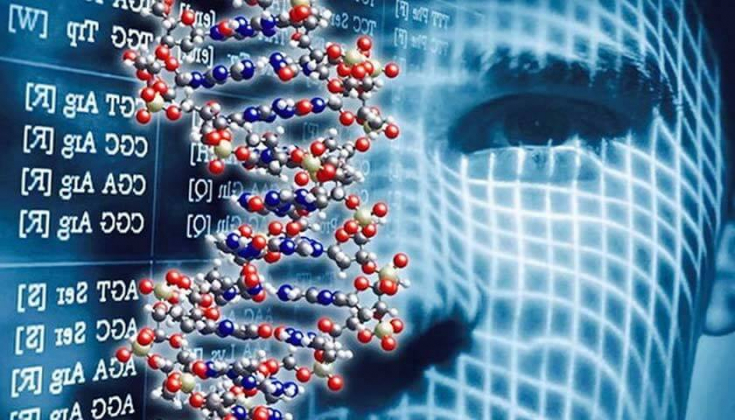
And although your genetic code is set at birth, you can still be "ordered" several times during his life. "DNA sequencing will become so accurate that you can use a blood sample to look for 'rare' DNA, like tumor cells or even viruses," says Paul Van Dorp.
Two types of DNA were found in tumor cells in the blood: DNA of "circulating"; tumor cells (which have broken off from the original tumor and spread through the blood) and "cell-free" DNA (from the death of tumor cells). And we can learn a lot from this. For example, you can find out (1) that you have a tumor, (2) which is the underlying tumor (hence where it should be) - all without scans/surgeries, and (3) DNA testing can also tell you what specific treatment is appropriate. All this is called "liquid biopsy", that is, the ability to biopsy a tumor without cutting it, but based only on a blood test.
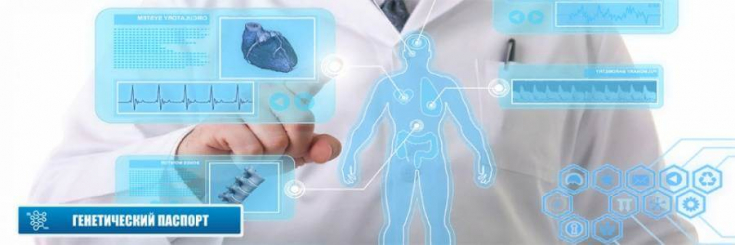
According to Van Dorp: “In addition to our own cells, with our own genetic information, the number of bacteria in our body is more than 10 times the number of human cells. There is growing evidence that bacterial populations largely determine our health. Genetic analysis of your intestinal flora may be beneficial for your health.
The genius of a human being is an inborn quality or the costs of education
Genetic passport: terabytes of data
"We're developing algorithms to use the three billion letters of 'your genetic code' to determine if you have a rare genetic disease," says Yves Moreau. “There are about 7,000 rare diseases that affect 4 to 8% of the population. If you can determine from a young age what specific disease a child suffers from, it is easier for the family to come to terms with it. Then they will find out how the disease will develop, and whether there is a chance that a subsequent child will have the same anomaly.
Eventually, researchers will be able to use the abnormal genetic code to gain insight into the underlying mechanism of the disease and, as a result, develop more effective treatments. $1,000 per genome may still sound like a lot, but it's not when you add up the cost of all the tests and doctor visits that were previously needed to find the right diagnosis for a rare disease. Not to mention the pain and suffering a family goes through not knowing what is happening to their child.”
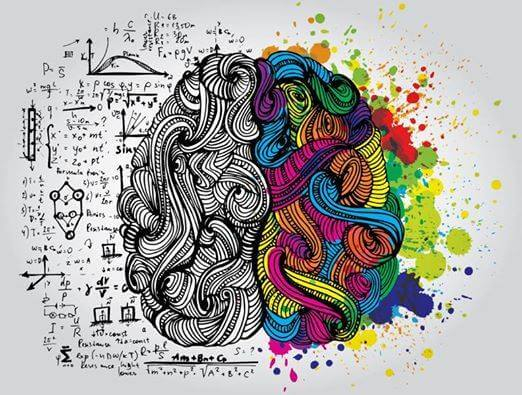
Determining the genetic code is still not a common task, but what happens when it does? “We are going to see an explosion of data. And this amount of data is one of the main challenges facing us: how can we store all these terabytes of data securely and affordably? And after that, how are we going to analyze and interpret it?” Moreau says.
Genius Daily Routine
"Our research team during 2016 worked mainly on solutions to determine what differences in genetic codes between different people (about 3 million differences out of 3 billion base pairs) are important and which are not. What differences ultimately cause disease? Using our algorithms, we can identify mutations that may be the cause of a particular disease. Since then, doctors have been studying this in more detail.
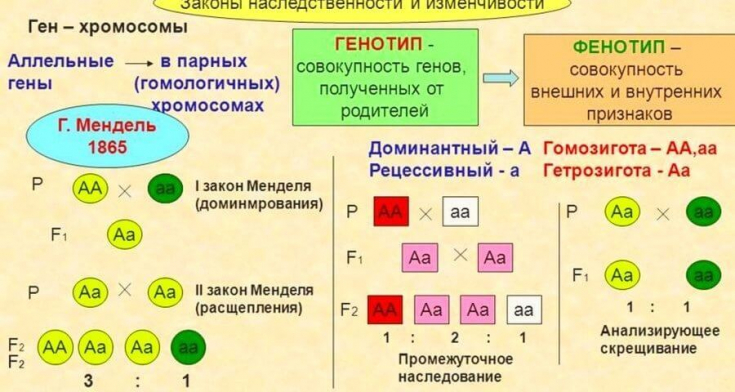 The more genetic data that can be collected, the more knowledge doctors can gain about diseases and their treatments.
The more genetic data that can be collected, the more knowledge doctors can gain about diseases and their treatments.
DNA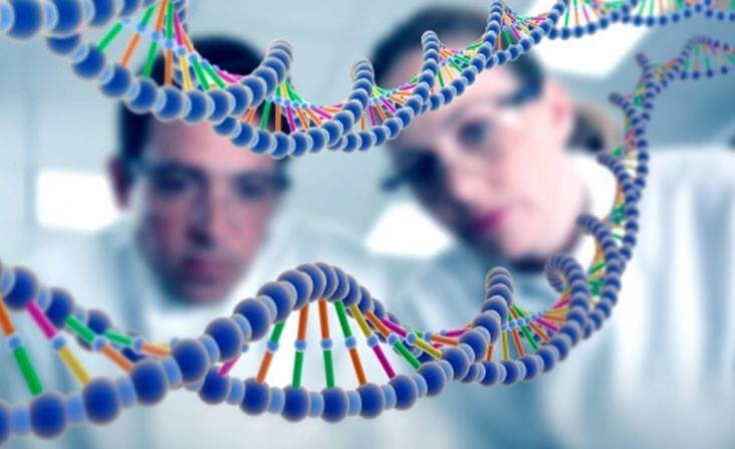 sequencers they use at Pacific Biosciences to small portable devices such as like MinION from Oxford Nanopore Technologies. So different technologies will live side by side, each for its own specific market, to create a
sequencers they use at Pacific Biosciences to small portable devices such as like MinION from Oxford Nanopore Technologies. So different technologies will live side by side, each for its own specific market, to create a
genetic passport.
Small wearable devices can also be important if you want to investigate diseases like Ebola in remote areas, while large equipment is useful for producing complete genetic maps quickly and accurately. Chip technology is especially important to make these systems smaller, faster and less expensive.






Add a comment